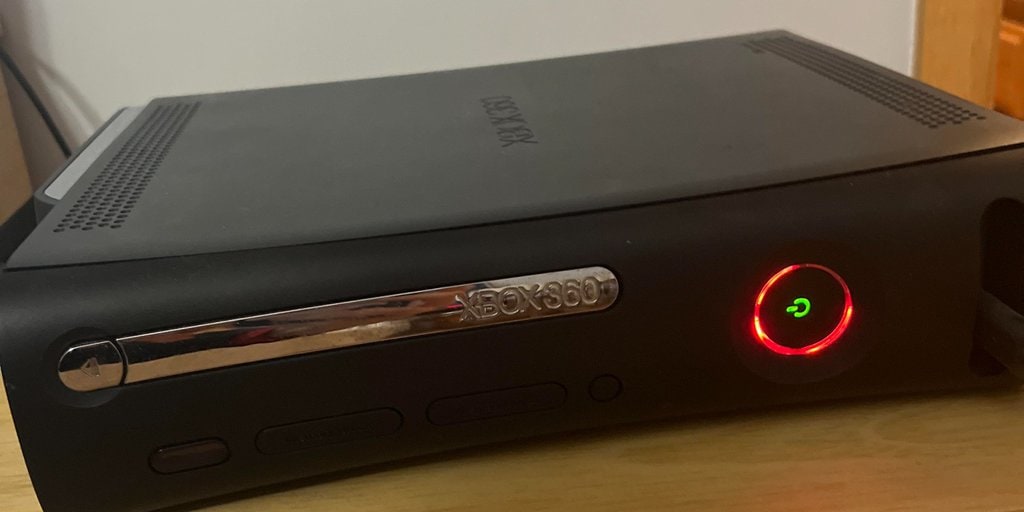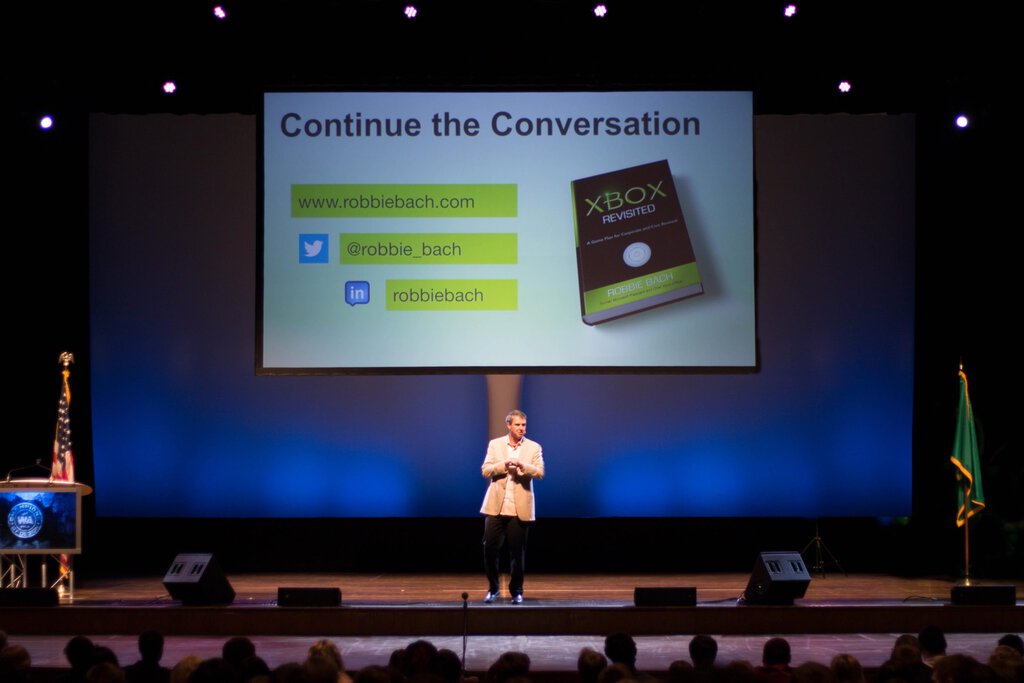
For nearly a decade, gamers have been haunted by the infamous “red ring of death,” a harbinger of despair for Xbox owners worldwide. The mere thought of those once-green rings transforming into a menacing shade of vermilion is enough to send shivers down the spines of dedicated gamers, crushing dreams of conquering high scores.
The Start of the Complaints
Back in the heyday of the Xbox 360, Robbie Bach, the head of the gaming giant, basked in accolades for introducing the cutting-edge console to the market. However, just months after its launch, a wave of complaints flooded in, leading to a monumental mistake that cost Microsoft a staggering $1 billion.

In his book, Xbox Revisited: A Gameplan for Corporate and Civic Renewal, Bach recounted a crucial moment when a group of team leaders convened in his basement to address the monumental problem: widespread reports of dead Xbox 360 consoles.
An Extended Warranty Helped
Faced with a tough decision, they opted to extend the warranty to three years and repair or replace affected consoles, a move that proved costly for Microsoft but a relief for disgruntled customers. Bach acknowledged that the initial Xbox design prioritized aesthetics over functionality for the 360.
During a 2020 Business Insider interview, he clarified that the “three red lights” problem offered minimal insight into the actual issue. The hardware simply signaled that it was finished and not going to restart, leaving gamers and creators alike in the dark about the root cause.
The Root Cause
Finally, in the Microsoft documentary Power On: The Story of Xbox, Peter Moore, the former head of Xbox, disclosed the long-awaited revelation: the rapid temperature changes were the culprits behind the red ring of death. The Xbox 360’s tendency to heat up significantly and then rapidly cool down took a toll on its internal system, leading to the notorious light.
While this explanation solves the mystery, one can’t help but wonder how different the gaming landscape might have been if Microsoft had shared this insight earlier. As the majority have moved on to Series S/X, the revelation sheds light on a bygone era of frustration and console turmoil.